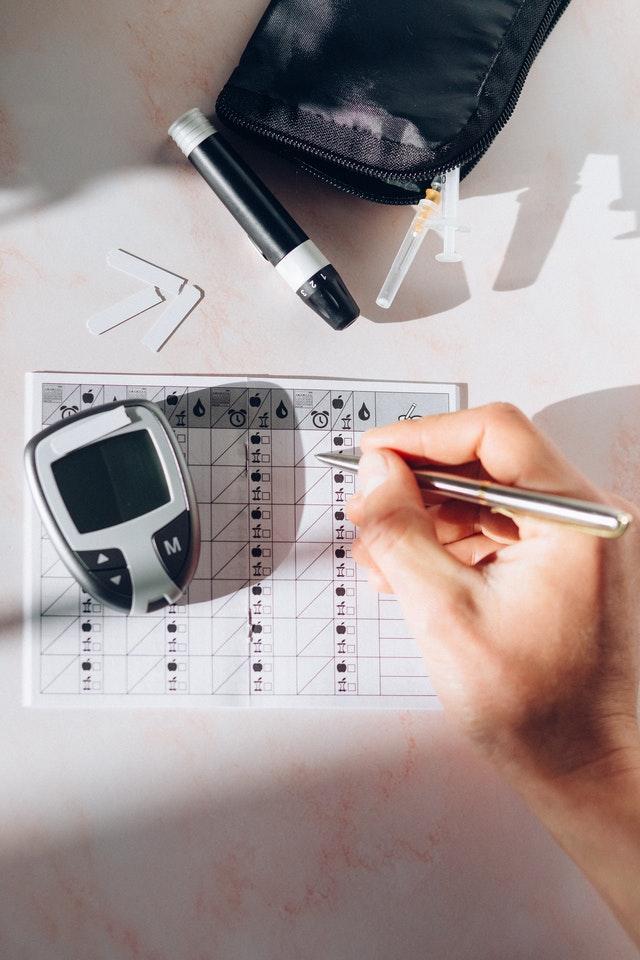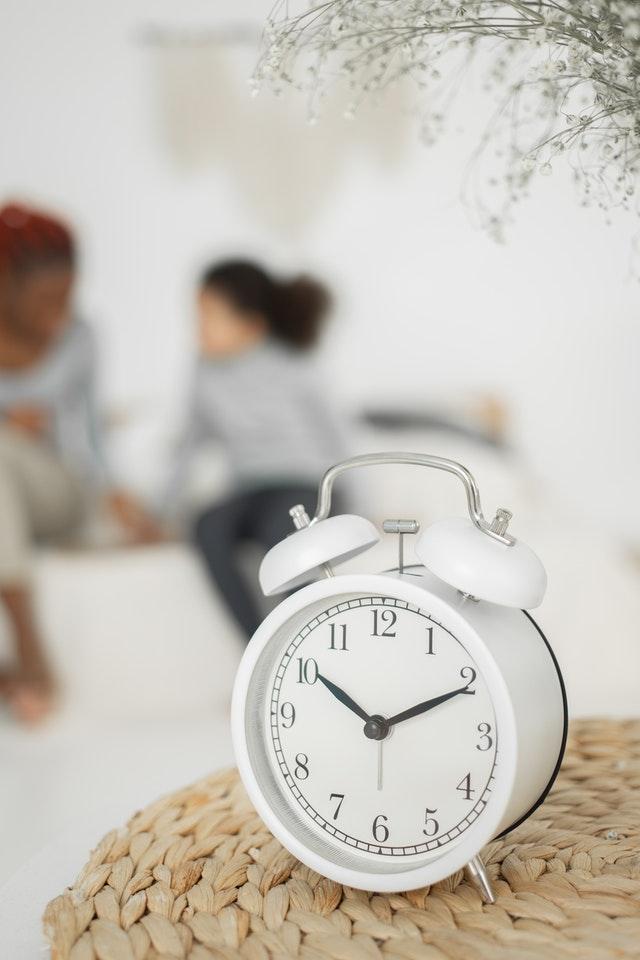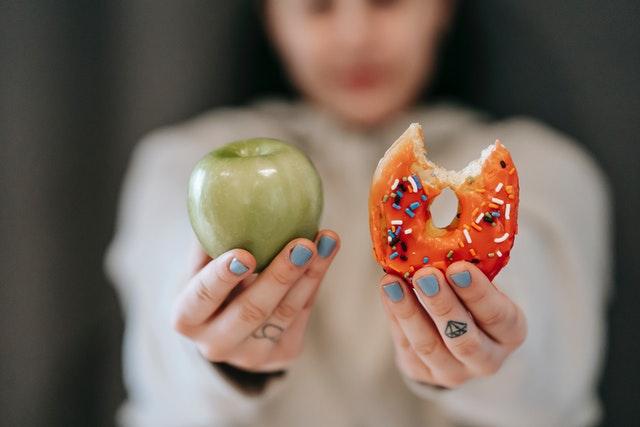Posts Tagged ‘morning blood sugar level chart’

What Should My Blood Sugar Be When I Wake Up?
The most important thing that you should do each morning as you wake up is to check your blood sugar. Essentially, you can be able to determine how you go about the activities for the rest of your day by fasting blood sugar readings. Having a morning blood sugar level chart will help you know how high or low your fasting blood sugar is every morning. This will then enable you to set your morning target or what things you can do for you to achieve your target. Continue reading to find out more details about morning blood sugar.
What should my blood sugar be when I wake up?
Managing your overnight and morning readings is crucial if you want to control your blood sugar. Here are some of the details on what your morning blood sugar range reading should be as you wake up: –
– Fasting/ On Waking Up
- If you are not diabetic, your blood sugar reading should be around 70 – 99 mg/dl.
- If you are diabetic then your blood sugar reading should be between 80 – 130 mg/dl.
- Should your blood sugar reading be below 70 mg/dl then you have low blood sugar and it indicates a hypoglycemic reaction. Moreover, you have a high blood sugar condition should the reading indicate over 130 mg/dl.
– 2 hours after Meals
Your blood sugar should compare as following if you check it 2 hours after taking your meals:
- When you do not have diabetes then your normal blood sugar reading should be less than 140 mg/dl.
- If you have diabetes then your normal blood sugar reading should be less than 180 mg/dl.
– With HbA1c (Hemoglobin A1c)
Taking a Hemoglobin (HbA1c) test will enable you to determine your average blood sugar readings for the last 2 or three months. Additionally, you can take this test if you have not checked your blood sugar level reading for quite some time or if you have never checked it before since you think you do not have diabetes. After taking the test, your results are normal if:
- Your reading is less than 5.7% and you do not have diabetes.
- The reading is less than 7.0% and you have diabetes.
Symptoms of high blood sugar in the morning
You can determine whether or not you are experiencing the early morning hyperglycemia by having a routine check of your blood glucose each morning or by wearing a continuous glucose monitor (CGM). Further, you may be experiencing some signs and symptoms of hyperglycemia if you have the following: –
- Increased thirst
- Urination frequently and excessively.
- Eating more than you are used to.
- If you do not have a clear vision. Everything appears blurred.
How to Test Your Blood Sugar
You already have details on what your morning blood sugar range should be when you wake up. Consequently, you should also have information on the right way to test your morning blood sugar level. First, you should check your blood sugar level within the first 10 to 15 minutes after waking up in the morning for you to get an accurate reading. Second, it is recommended that you wash your hands thoroughly prior to taking or checking your blood sugar level when you wake up in the morning. Washing your hands thoroughly will help in getting rid of any contaminants that can cause inaccuracies in the results. Third, taking any caffeinated beverages before the test may lead to a spike in your blood sugar level. Therefore, you should avoid taking any caffeinated beverages at all costs if you want to get the correct blood sugar level.
What if Your Morning Blood Sugar Level is High?
You may have relatively higher blood sugar levels in the morning which is quite natural. The relatively higher blood sugar levels in the morning are because of certain hormonal changes in your body. Should this happen, your body will produce enough insulin that will aid in normalizing your morning blood sugar level. However, if you have diabetes, this may not happen.
You may also have a condition in which the fat cells and muscles in your body fail to use insulin effectively. This condition is called insulin resistance and it may lead to your blood glucose levels staying higher. Besides, if you have this condition, it will affect your liver functions and therefore lead to changes in the manner it processes and releases sugar, mostly during nighttime as you sleep.
However, when you have type-2 diabetes, the situation may be different since your liver will start releasing a large amount of glucose than is required in your blood. Therefore, it will lead to your blood sugar level elevating in your system because of your hormones and liver. When your hormones cause your blood sugar to spike and your liver also releases more glucose than is required the level of your morning blood sugar will stay higher unless you maintain a strict diet and exercise. Moreover, you may be required to take medications for better management of your blood sugar levels.
Ways to Help You Prevent High Morning Readings
As you already know, your blood sugar level when you wake is determined by whether you are diabetic or not. Luckily, there are certain things that you can do to help in preventing your blood sugar levels from rising above normal in the morning and they include: –
- Manage Your Body weight
Losing weight is essential in managing your glucose levels especially if you are overweight and have been diagnosed with type-2 diabetes recently. Losing weight will help in regulating your hormones and increasing your insulin sensitivity hence lowering the sugar levels in your blood. When you are overweight and you want to lose weight, you should start by checking your diet for example by avoiding processed foods and eating a lot of fruits and veggies. You should also reduce the intake of less healthy foods in your diet. You can also improve your physical activities.
- Check your blood glucose before bed.
The glucose levels in your blood are likely to stay constant the entire night especially if they are high as you are going to sleep. You can lower your glucose levels if they are high before going to bed by changing the content of your food and eating time. Additionally, you can do light physical exercise like walking from 10 – 15 minutes to reduce your blood glucose levels should they be high. Despite adding some light exercise before bed, and changing what time you eat and what you eat, you may also need to adjust the quantity of mealtime insulin that you take to cover it.
- Avoid certain foods
The duration at which you take certain food before bedtime should also change. You should avoid taking large, late dinner or nighttime snacks right before going to sleep. Besides, it is recommended that you eat low-carb, take early dinner, and then no snacks afterward as per One strategy from Adam Brown.
- Insulin
Taking enough insulin quantity to cover your evening meal is also great in preventing high morning blood sugar readings. For example, your glucose levels will be elevated the entire night and in the morning readings if you take a low insulin dose. Therefore, you should ensure to take the right insulin dosage.
- Have a Bedtime snack
Before going to bed, you should eat something to help in stabilizing your blood sugar. However, whatever you eat should not contain more than 20g of carbs. Taking a bedtime snack will prevent your liver from producing an unwanted amount of glucose as you sleep. Some of the low-carb bedtime snacks that you can take include low-fat yogurt, frozen grapes, soybeans, a serving of fresh salsa and tortilla chips, and a small piece of fruit.
- Evening exercise
Another way of reducing your glucose levels in the morning is by doing exercise in the evening. Despite exercising before bed helping in bringing the levels of glucose down in the morning, it may be dangerous. This is because the exercise may lead to a lowering of glucose over the hours as you sleep hence leading to dangerous hypoglycemia.
- Morning exercise
The dawn phenomenon or another reason may cause your blood glucose levels to be high. You can lower the high glucose levels in your blood by doing morning exercise.
A Quick Tip
You should talk to your doctor before trying to manage your blood sugar levels. Additionally, you should also keep in mind your blood sugar reading, your lifestyle, your A1C results, and any other medication that you may be taking before trying to manage your morning blood sugar levels.
Your fasting blood sugar readings are also crucial since they will let you know how your body has worked while you are sleeping at night. Therefore, with the fasting blood sugar readings, you will be able to make the necessary changes that you may need for better control of your situation.




